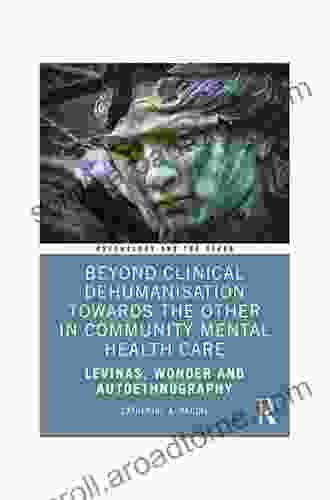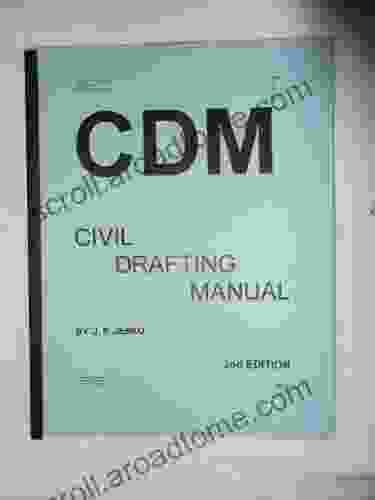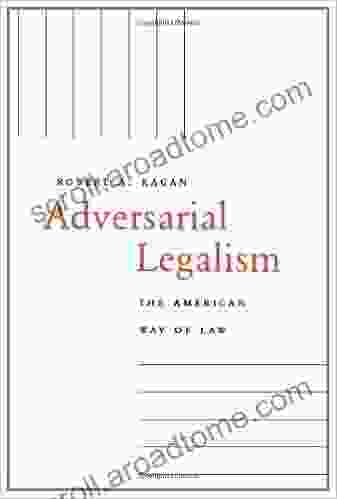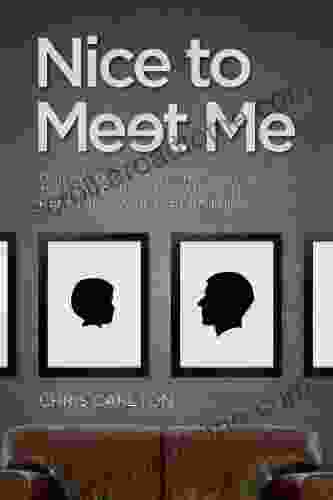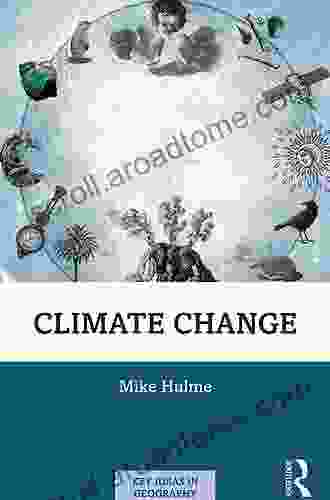Levinas' Wonder and Autoethnography: Unveiling the Interplay between Psychology and the Other

In the realm of philosophy and psychology, the concept of the Other stands as a pivotal and enigmatic force. Emmanuel Levinas, a 20th-century French philosopher, has profoundly shaped our understanding of the Other through his groundbreaking work on ethics and intersubjectivity. This article explores the profound interplay between Levinas' philosophy, particularly his notion of wonder, and the field of autoethnography, an introspective research method that examines the researcher's own experiences and interactions.
5 out of 5
| Language | : | English |
| File size | : | 2480 KB |
| Text-to-Speech | : | Enabled |
| Screen Reader | : | Supported |
| Enhanced typesetting | : | Enabled |
| Word Wise | : | Enabled |
| Print length | : | 220 pages |
Levinas' Philosophy of Wonder
At the heart of Levinas' philosophy lies the concept of "wonder." Wonder, for Levinas, is not merely a fleeting emotion but a fundamental ontological experience. It is the primordial encounter with the face of the Other, a moment that transcends rational understanding and opens us up to the depths of our ethical responsibility.
In his seminal work, "Totality and Infinity," Levinas argues that wonder is an encounter with the Other that disrupts our totalizing tendencies. It is a recognition of the Other's irreducible alterity, their uniqueness and inherent value. Wonder compels us to recognize the Other's freedom and autonomy, thereby fostering a profound ethical obligation.
Autoethnography as a Method
Autoethnography has emerged as a significant research method in psychology and social sciences, offering researchers a unique way to explore their own experiences and interactions within the context of broader social and cultural phenomena. By reflexively examining their own subjectivities, autoethnographers seek to gain insights into the complexities of human experience and the ways in which individuals navigate the social world.
Autoethnography aligns closely with Levinas' philosophy of wonder in its emphasis on the researcher's own experiences as a source of knowledge and understanding. By engaging in self-reflection and introspection, autoethnographers strive to uncover the hidden dimensions of their own existence, including their encounters with the Other and the ways in which these encounters shape their ethical and relational practices.
Intersection of Wonder and Autoethnography
The intersection of Levinas' wonder and autoethnography opens up new avenues for exploring the complex interplay between psychology and the Other. By incorporating Levinas' notion of wonder into autoethnographic research, psychologists can gain a deeper understanding of the ethical dimensions of human relationships and the ways in which these relationships shape our identities and experiences.
Autoethnography, with its focus on personal experience and reflexivity, provides a fertile ground for examining the phenomenological aspects of wonder. Researchers can use autoethnographic methods to capture the lived experiences of wonder, exploring how these experiences disrupt our preconceptions and challenge our understandings of ourselves and others.
Ethical Implications
The integration of Levinas' wonder and autoethnography has profound ethical implications for psychology. Wonder, as a transformative experience, can lead to a heightened awareness of the Other's vulnerability and ethical claims. By fostering an appreciation for the alterity of the Other, autoethnographic research informed by Levinas' philosophy can contribute to the development of more ethical and compassionate practices in psychology.
Moreover, the emphasis on self-reflexivity in autoethnography aligns with Levinas' ethical notion of responsibility. By critically examining their own experiences and interactions, researchers can become more attuned to the ethical implications of their research and the ways in which it might impact the participants involved.
The convergence of Levinas' wonder and autoethnography offers a powerful framework for exploring the intricate relationship between psychology and the Other. By embracing wonder as a fundamental ontological experience and using autoethnography as a method for self-reflection, psychologists can gain deeper insights into the ethical dimensions of human interactions and the ways in which these interactions shape our understanding of ourselves and the world around us.
This transformative approach to psychology has the potential to cultivate a more ethical and compassionate society, one that recognizes the irreducible value of every individual and the profound responsibility we have towards each other.
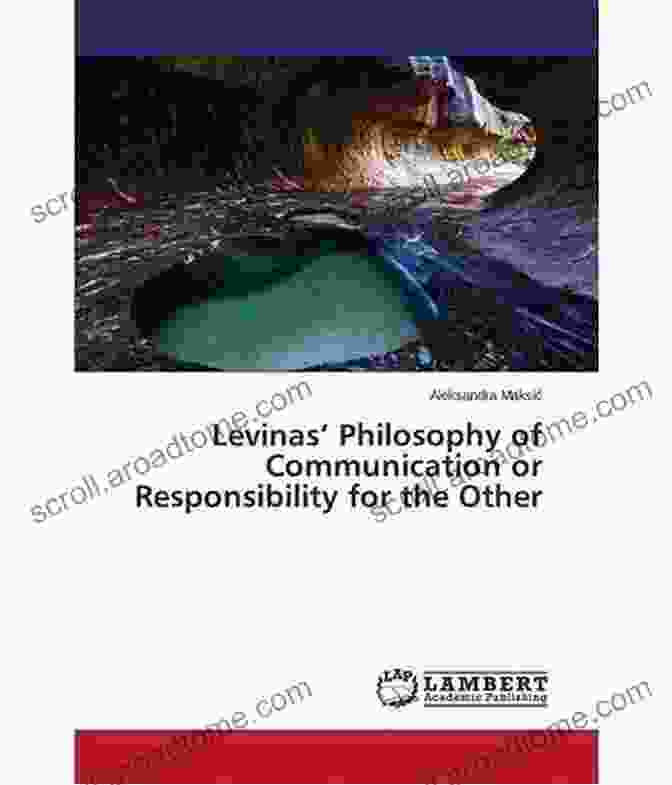
5 out of 5
| Language | : | English |
| File size | : | 2480 KB |
| Text-to-Speech | : | Enabled |
| Screen Reader | : | Supported |
| Enhanced typesetting | : | Enabled |
| Word Wise | : | Enabled |
| Print length | : | 220 pages |
Do you want to contribute by writing guest posts on this blog?
Please contact us and send us a resume of previous articles that you have written.
 Book
Book Novel
Novel Page
Page Chapter
Chapter Text
Text Story
Story Genre
Genre Reader
Reader Library
Library Paperback
Paperback E-book
E-book Magazine
Magazine Newspaper
Newspaper Paragraph
Paragraph Sentence
Sentence Bookmark
Bookmark Shelf
Shelf Glossary
Glossary Bibliography
Bibliography Foreword
Foreword Preface
Preface Synopsis
Synopsis Annotation
Annotation Footnote
Footnote Manuscript
Manuscript Scroll
Scroll Codex
Codex Tome
Tome Bestseller
Bestseller Classics
Classics Library card
Library card Narrative
Narrative Biography
Biography Autobiography
Autobiography Memoir
Memoir Reference
Reference Encyclopedia
Encyclopedia Darren G Davis
Darren G Davis Carolann Debellis
Carolann Debellis Cameron Reilly
Cameron Reilly Caitlin Stansbury
Caitlin Stansbury Dean Del Sesto
Dean Del Sesto Oliver August
Oliver August Carole Martin
Carole Martin Briony Benjamin
Briony Benjamin Jo Spurrier
Jo Spurrier Vitaly Pedchenko
Vitaly Pedchenko Britt Talley Daniel Md
Britt Talley Daniel Md Tyrean Martinson
Tyrean Martinson Francis P Martin
Francis P Martin Craig Pritchett
Craig Pritchett Kamga Tchassa
Kamga Tchassa Carla Anne Harris Roper
Carla Anne Harris Roper Jacquy Pfeiffer
Jacquy Pfeiffer Herta Nava
Herta Nava Carlos Azaustre
Carlos Azaustre Bruce Byers
Bruce Byers
Light bulbAdvertise smarter! Our strategic ad space ensures maximum exposure. Reserve your spot today!
 Dan BrownFollow ·2.3k
Dan BrownFollow ·2.3k Arthur Conan DoyleFollow ·9.8k
Arthur Conan DoyleFollow ·9.8k Edward ReedFollow ·3k
Edward ReedFollow ·3k Deacon BellFollow ·2.2k
Deacon BellFollow ·2.2k Henry GreenFollow ·13.4k
Henry GreenFollow ·13.4k Ryan FosterFollow ·14.4k
Ryan FosterFollow ·14.4k Everett BellFollow ·2.2k
Everett BellFollow ·2.2k Zadie SmithFollow ·17k
Zadie SmithFollow ·17k
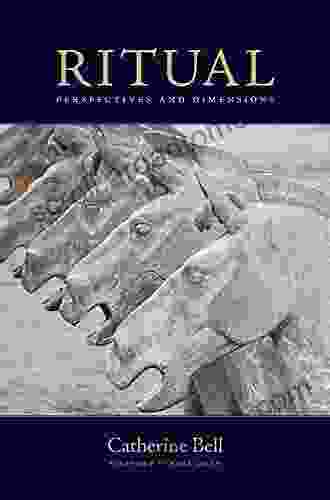
 Shawn Reed
Shawn ReedEmbark on a Transformative Journey: Discover Ritual...
Delve into the Enigmatic World of...
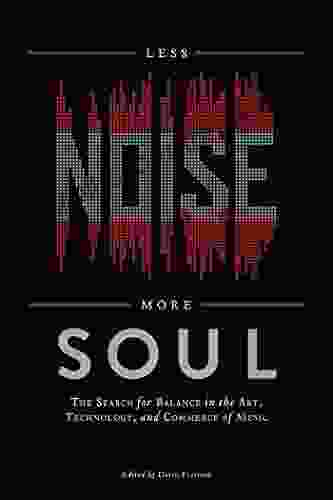
 Connor Mitchell
Connor MitchellUnleash Your Soul: A Journey to Less Noise, More Soul
Embrace the Power of Silence...
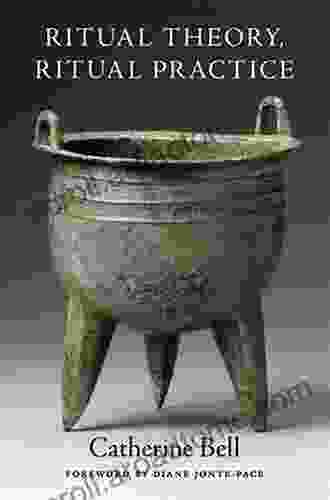
 Derek Cook
Derek CookRitual Theory, Ritual Practice: Unlocking the Secrets of...
Rituals have been an...

 Evan Hayes
Evan HayesStop the Itch: Simple Steps to Lasting Relief
Itching, an...

 Herman Mitchell
Herman MitchellThe Ultimate Premarital Guide: Your Essential Wedding...
Congratulations on your engagement! This is...
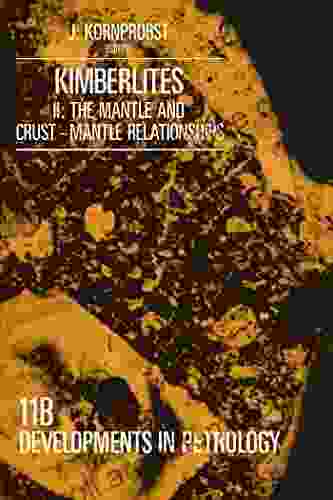
 DeShawn Powell
DeShawn PowellUnlocking the Enigma of the Mantle: A Deep Dive into "The...
Our planet,...
5 out of 5
| Language | : | English |
| File size | : | 2480 KB |
| Text-to-Speech | : | Enabled |
| Screen Reader | : | Supported |
| Enhanced typesetting | : | Enabled |
| Word Wise | : | Enabled |
| Print length | : | 220 pages |


